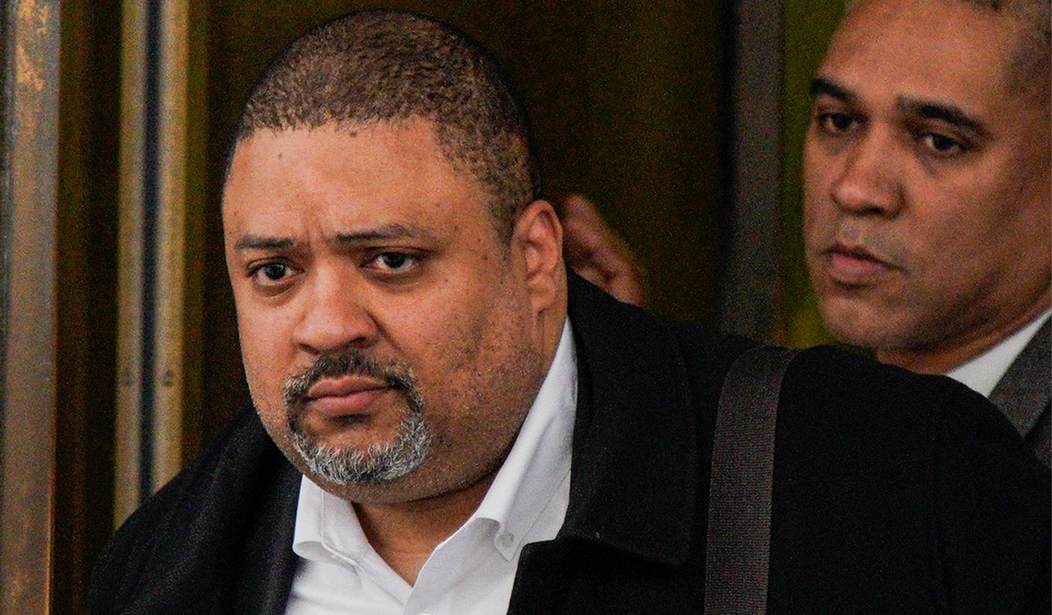Much has been made of Donald Trump's claim of presidential immunity as it relates to the criminal case in Georgia and other legal actions against the former president.
Special counsel Jack Smith and prosecutor Fanni Willis claim Trump "unlawfully interfered with the 2020 presidential election by trying to enlist state and federal officials in his efforts to stop Biden from taking office," according to Reason.com's Jacob Sullum.
But Trump's claim of immunity isn't quite as "wild" as some on the left suggest. Presidential immunity was designed to prevent "frivolous, politically motivated criminal charges against former presidents," as Sullum points out.
That might not be the case entirely with the Smith and Willis cases. After all, there are statutes that may have been violated.
The three-judge appeals court hearing Trump's immunity claim found the argument unconvincing. The court ruled that "the danger" Trump perceived "appears slight" given prosecutors' "ethical obligations" and "additional safeguards," such as "the right to be charged by a grand jury upon a finding of probable cause."
So, trust Jack Smith. Trust Fanni Willis because they're prosecutors and wouldn't dream of putting their thumbs on the scale of justice, right?
In the hush money case, District Attorney Alvin Bragg is taking Trump to trial not for committing a crime but for interfering with the 2016 election by lying about his affair with Daniels and paying to cover it up.
The idea of converting the Daniels hush money into a state crime was so unpromising that Bragg's predecessor, Cyrus R. Vance Jr., rejected it after lengthy consideration. When Bragg revived the idea after taking office in 2022, leading to a March 2023 indictment charging Trump with 34 felonies, many people, including the former president's critics, thought the case reeked of political desperation.
Bragg does not claim that paying off Daniels was itself a crime, because it obviously was not. The indictment instead alleges that Trump violated a New York law that makes it a misdemeanor to falsify business records "with intent to defraud." Trump allegedly did that by misrepresenting his reimbursement of Cohen as payment for legal services under a nonexistent retainer agreement. The 34 counts in the indictment are based on invoices, checks, check stubs, and ledger entries, each of which allegedly helped Trump conceal the hush payment.
This stacking of charges based on the same course of conduct already looks like a vendetta. But why are they felonies? It is not exactly clear.
Bragg came up with 32 meaningless charges just to pile on the potential felonies. His reasoning is that one of them ought to stick and give him a big notch on his tomahawk.
Falsifying business records becomes a felony, punishable by up to four years in prison, when the defendant's "intent to defraud" includes "an intent to commit another crime or to aid or conceal the commission thereof." What was the other crime? Bragg claims Trump "violated election laws" when he instructed Cohen to pay Daniels. Which election laws? Bragg so far has refused to say. "The indictment doesn't specify them because the law does not so require," he told reporters last year.
One possibility is that Trump violated federal election laws. But federal prosecutors did not pursue any charges against Trump based on that claim, and it is not clear that "another crime" can include federal offenses, as Vance's staff recognized. In 2022, The New York Times reported that prosecutors working for Vance "concluded that the most promising option for an underlying crime was the federal campaign finance violation to which Mr. Cohen had pleaded guilty." But "the prosecutors ultimately concluded that approach was too risky—a judge might find that falsifying business records could only be a felony if it aided or concealed a New York state crime, not a federal one."
Bragg may actually have done Trump a favor. The Stormy Daniels hush money trial begins March 25. It's possible that Trump could be found not guilty on all charges, immediately leading to the perception that the other cases against Trump are equally as frivolous and accept Trump's view that these are all political prosecutions.
It doesn't take much to bring down a house of cards.










Join the conversation as a VIP Member